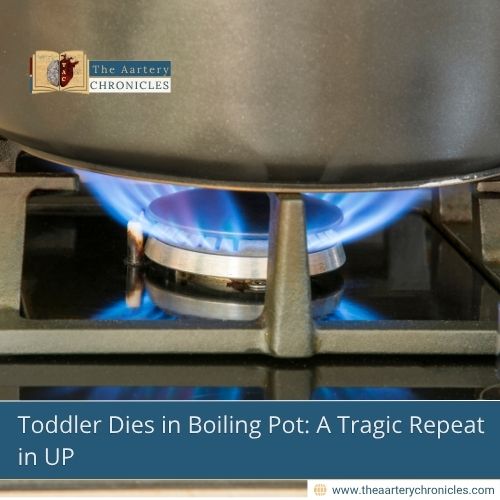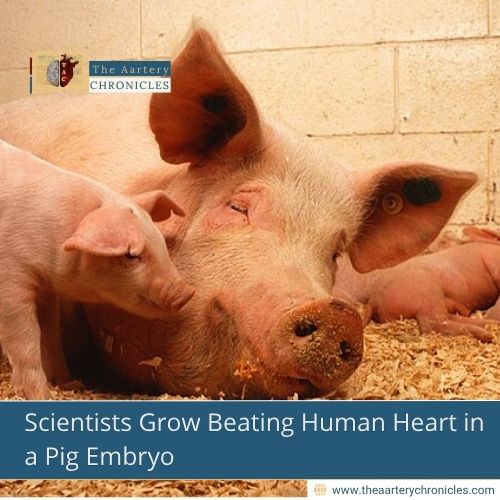

HC: No Marital Intimacy Is Mental Cruelty
In a landmark judgment, the Delhi High Court reaffirmed that denial of marital intimacy and alienating a child amounts to mental cruelty, granting divorce to a husband who suffered emotional and psychological distress for years. The Court emphasized that marriage, while built on companionship and trust, also involves mutual emotional and physical responsibilities. When one partner persistently refuses intimacy, manipulates the child against the other, or shows indifference to the spouse’s family, it can severely affect mental health, both emotionally and psychologically.
Background of the Case
The couple married in 1990 and had a son in 1997. However, their relationship deteriorated over time. According to the husband, his wife began distancing herself emotionally and physically, eventually withdrawing from all forms of marital intimacy after Karwa Chauth in 2008. He also alleged that she repeatedly pressured him to transfer family property in her name and threatened false criminal cases when he refused.
He further claimed that she behaved abusively, throwing footwear at him, slapping his mother, and frequently leaving the matrimonial home without consent. The situation worsened when she allegedly prevented him from maintaining contact with their son, leading to long-term emotional pain and isolation.
Legal Proceedings and Evidence
The husband filed for divorce under Section 13(1)(ia) of the Hindu Marriage Act, citing mental cruelty. The Family Court found his claims credible, noting that the wife admitted during cross-examination that she had not shared physical relations with her husband since 2008. Moreover, the Court observed that she began filing criminal complaints against her husband and in-laws only after he sought divorce in 2009—indicating retaliatory intent.
Her appeal before the Delhi High Court argued that occasional marital disputes and refusal to live in a joint family did not amount to cruelty. However, the High Court disagreed, holding that prolonged denial of intimacy, coupled with hostility and false allegations, exceeded normal marital conflict.
The Court’s Observations on Mental Cruelty
Referring to the Supreme Court precedents in Samar Ghosh vs. Jaya Ghosh (2007) and V. Bhagat vs. D. Bhagat (1994), the Delhi High Court explained that mental cruelty includes conduct that causes deep emotional suffering, making it unreasonable for one spouse to continue the marriage.
The Court reiterated that marriage is not merely a legal contract; it is also a partnership involving psychological, emotional, and social obligations. Persistent deprivation of conjugal companionship and emotional neglect over time can lead to serious psychological distress, anxiety, and depression, especially when combined with humiliation or threats.
Parental Alienation as Psychological Harm
One of the key aspects highlighted by the Court was the wife’s alleged effort to alienate the child from the father. Despite visitation orders, the husband claimed he was denied contact with his son. The Court held that using a child as a tool of revenge inflicts grave mental cruelty, not only on the estranged parent but also on the child’s emotional well-being. Citing Sandhya Malik v. Col. Satender Malik (2023), the Court noted that a parent’s deliberate attempt to poison a child’s mind against the other is a serious psychological offense within family law.
Indifference Toward In-Laws Considered Cruelty
The Court also took note of the wife’s indifference toward her elderly in-laws. During testimony, she admitted she was unaware of her mother-in-law’s health conditions, including a hip replacement surgery. The Court said that such disregard for the spouse’s family, especially in a joint family system, reflects a lack of empathy and care, adding to the cumulative mental cruelty faced by the husband.
Conclusion
Concluding that the wife’s consistent denial of marital intimacy, alienation of the child, and emotional neglect constituted sustained mental cruelty, the Delhi High Court upheld the divorce decree. The judgment stressed that a marriage devoid of emotional connection, intimacy, and mutual respect cannot survive, as it erodes psychological well-being and family harmony.
The Delhi High Court’s ruling highlights that denial of marital intimacy and alienating a child amounts to mental cruelty, reinforcing the need to consider psychological and emotional well-being in matrimonial disputes. Sustained neglect, emotional manipulation, and the use of children in conflicts can have lasting mental health consequences for all involved.
Source: Inputs from various media Sources
I’m a pharmacist with a strong background in health sciences. I hold a BSc from Delhi University and a pharmacy degree from PDM University. I write articles and daily health news while interviewing doctors to bring you the latest insights. In my free time, you’ll find me at the gym or lost in a sci-fi novel.
- Priya Bairagi
- Health News and Updates,People Forum
- 8 October 2025
- 09:00








